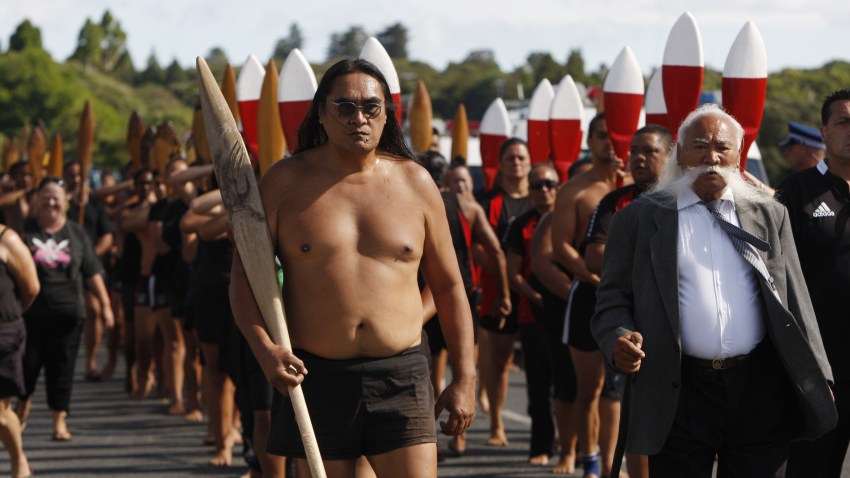New Zealand’s police don’t carry guns. But after a white supremacist armed with semiautomatic weapons killed 51 Muslim worshippers at two mosques in the city of Christchurch in March 2019—the worst mass shooting in the country’s history—some New Zealanders thought they should.
“The operating environment has changed,” the former New Zealand police commissioner, Mike Bush, said in a statement several months after the massacre. “Police must ensure our people are equipped and enabled to perform their roles safely and to ensure our communities are, and feel, safe.”
In October that year, the national police announced a project that would see units of armed officers, so-called Armed Response Teams, undertake regular neighborhood patrols, ready to respond to emergencies and high-risk events. Previously, New Zealand’s frontline officers were unarmed, with armed contingents only on call to respond if needed.

